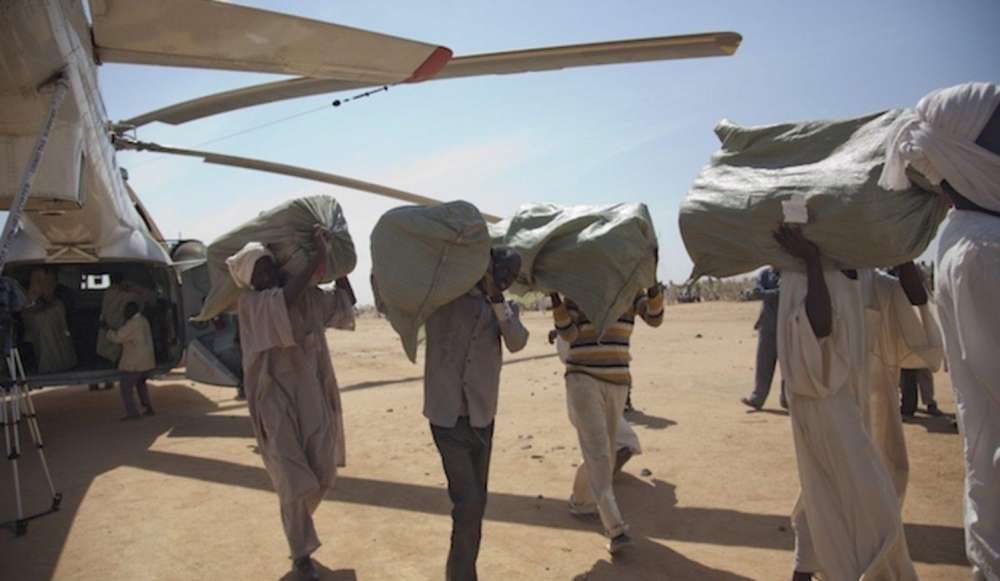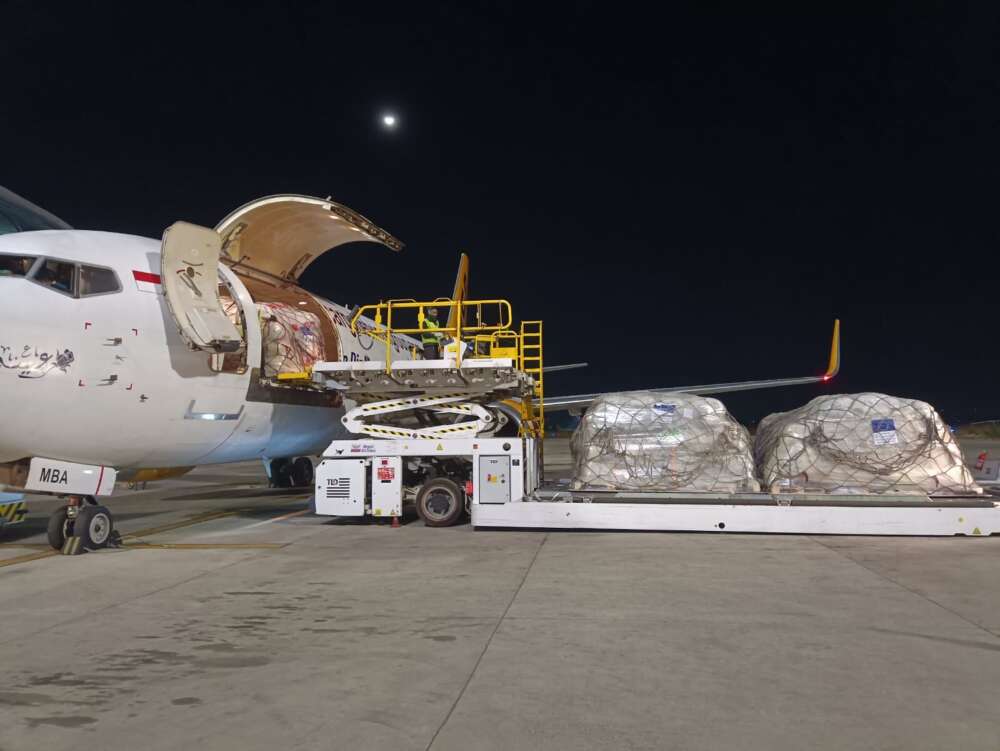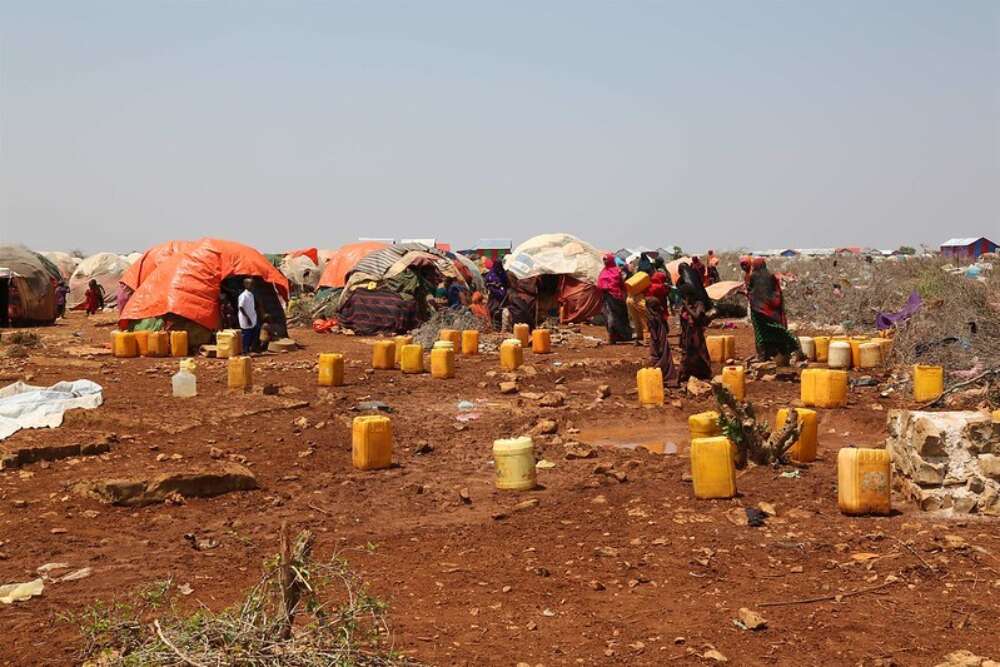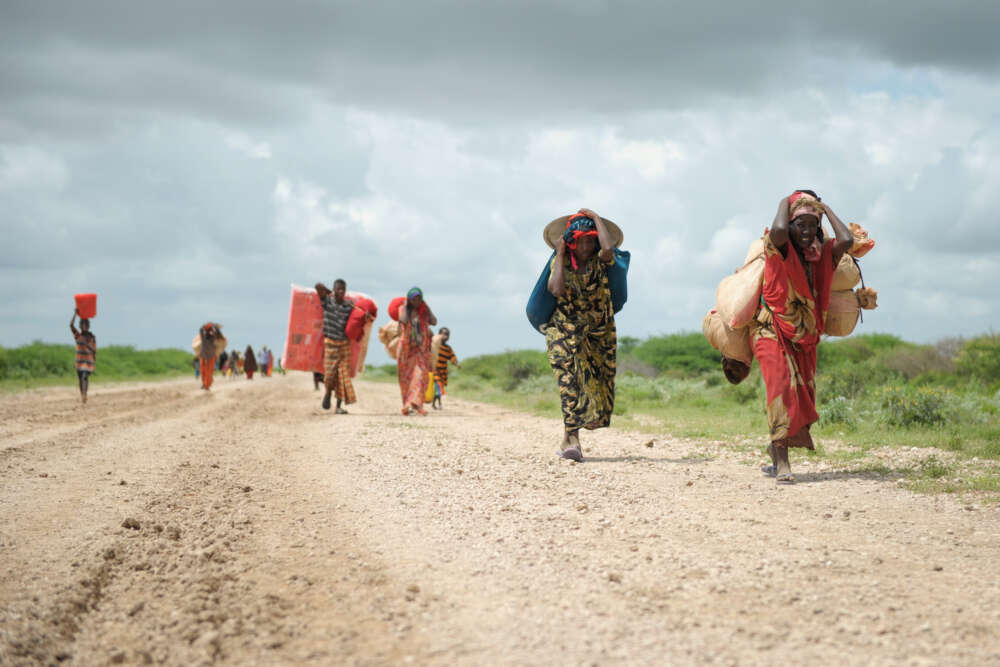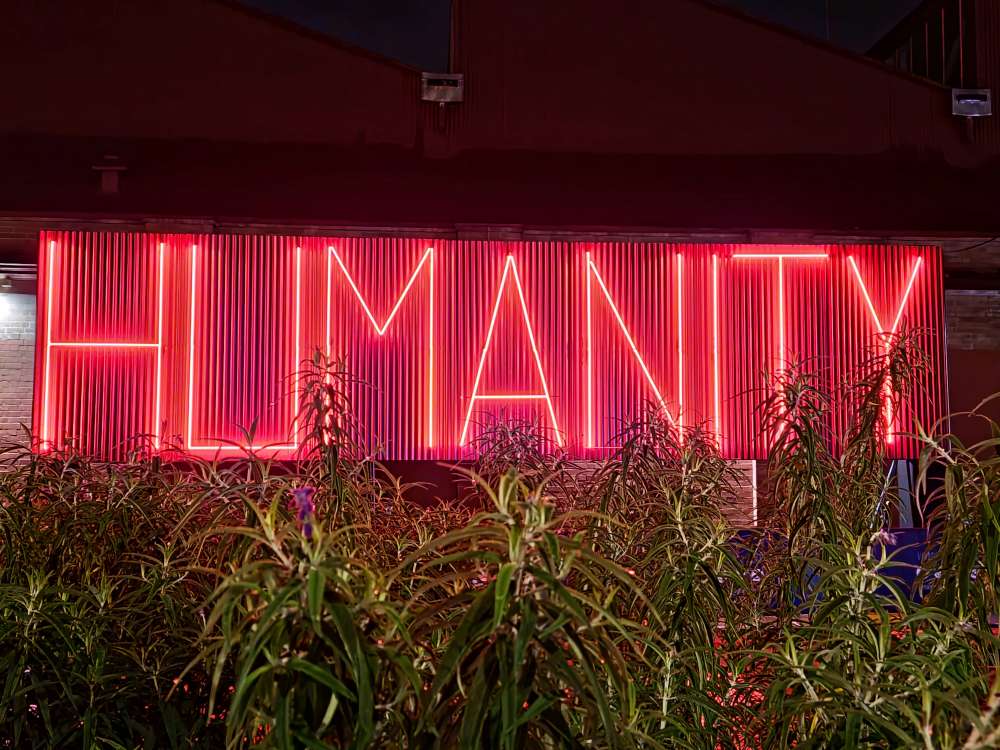Harmonizing Donor Reporting

2017 – 2019
Much of today’s humanitarian assistance is structured around projects with clearly defined goals and relatively short time frames. Be it installing water pumps in a city district affected by a typhoon or providing cash to refugees in a camp so that they can buy what is needed, such projects typically last no more than a few months. But thousands of them happen each year across the world’s humanitarian hotspots, producing thousands of reports showcasing what was done and with what effect.
While reports are essential instruments for donors to verify projects and ensure proper use of their funds, many of those spending hours writing them are frustrated by the heavy administrative burden. Some donors may ask for progress reports on a weekly basis, while others have very specific information needs. What is more, because of a lack of standardization, funders tend to use widely different terminology to phrase their requests for what are essentially the same pieces of information.
A Common Reporting Template to Cut Back Red Tape
In May 2016, at the World Humanitarian Summit, humanitarian actors committed to the Grand Bargain, a sector-wide reform initiative to improve the effectiveness and efficiency of humanitarian action. Donor reporting was defined as one of the main areas for reform, with the overarching goal to simplify and harmonize humanitarian reporting practices. Following up on the Grand Bargain, the German Federal Foreign Office commissioned GPPi to develop a standardized reporting template that would streamline narrative reporting. The resulting Harmonized Reporting Template – also called the ‘8+3 template’ for the maximum number of questions donors should request in any report – is based on the most common questions in narrative progress and final reports. It aims to simplify the reporting process through standardized questions and instructions while giving donors some flexibility in selecting the questions that best reflect their information needs. It also uses simple language to make reporting easier for those whose first language is not English.
A Two-Year Pilot With Promising Results
A select group of humanitarian donors and their partners agreed to pilot the 8+3 template in their own reporting workflow. After testing it between June 2017 and May 2019, their verdict is clear: most view the new template as a significant improvement over existing donor templates because it simplifies and standardizes the reporting process considerably. Many see a particular benefit in the fact that the 8+3 template eases the reporting-writing burden on local partners, who often struggle with donors’ overly complicated reporting requirements. In addition, many experts interviewed over the course of this project identified a common reporting template as one of the preconditions for a greater localization of humanitarian assistance – another Grand Bargain commitment. And indeed, the pilot phase suggests that the 8+3 template often resulted in reports of a higher quality that better lend themselves to comparison across projects and thus serve as a basis for learning to improve future assistance. In that sense, the template’s impact goes beyond a much-needed simplification of humanitarian reporting practices.
At this point, six donors will continue to use the 8+3 template globally (exceptions apply) or introduce it across their grant portfolios: UNHCR, OCHA, France, Germany, the Netherlands, and the US State Department (Bureau of Population, Refugees and Migration). Their decision to do so demonstrates the value of the new common reporting template, and we expect more donors to follow suit and help establish the 8+3 template as the new global reporting standard.
Available for download:
- Final review of the pilot
- Key information for policymakers
- Mid-term review of the pilot
- The 8+3 template
- Essential guidance on using the 8+3 template
- Key information on the new harmonized reporting standard
Explore the project website for more details on the project. For further information, please contact Alexander Gaus.
Project Outputs
Harmonizing Reporting Pilot: Final Review
In 2017, GPPi developed a new template to streamline donor reporting in the humanitarian sector. After piloting it for two years, we found that it is an important building block for achieving the Grand Bargain commitment to simplify and harmonize reporting requirements.
Harmonizing Reporting Pilot: Mid-Term Review
In humanitarian action, the aim of the ‘8+3 template’ is to make reporting to donors simpler, more efficient and less bureaucratic. Has it reached these goals? Alexander Gaus reviews the template at the mid-point of its pilot.
Harmonizing Donor Reporting
The World Humanitarian Summit set ambitious targets to maximize existing resources in critical situations, including harmonizing donor reporting. We analyzed existing processes to identify factors leading to reporting inefficiency and opportunities for harmonization.

